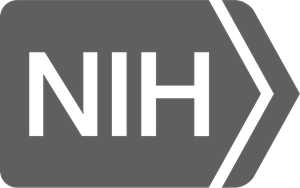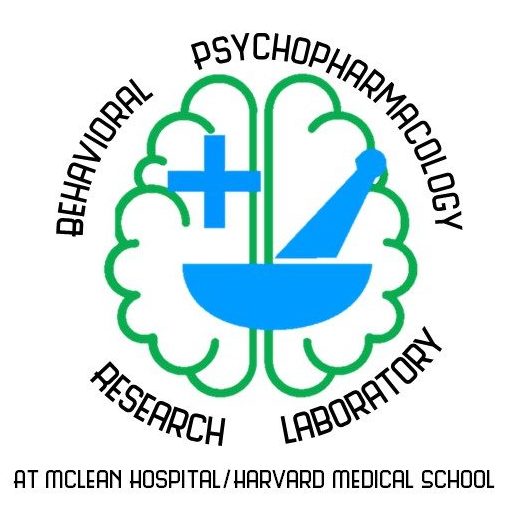Postdoctoral Training
A National Institute on Drug Abuse T32 postdoctoral training grant was awarded to the Director, Dr. Lukas, in 2001. It supports four 3-year postdoctoral training slots for trainees to engage in drug abuse and imaging training in one of the following tracts: applied brain imaging, psychopharmacology, technical developments, translational research (rodents and NHP) and clinical treatment. The program is tailored to meet individual needs in order to position trainees for independent research careers.
Through close collaboration with the grant’s principal investigators, a wide range of opportunities are available consistent with current funding and specific career goals of the trainee. A strength of the training program is that
it is set within the McLean Imaging Center that hosts 3 clinical magnets (Siemens 3T Trio, 3T Prisma and Varian 4T) and 1 preclinical (Varian 9.4T) magnet as well as a full sleep diagnostic and treatment laboratory. Trainees will
gain extensive experience in a number of brain imaging techniques (MRI, fMRI, MRS, EEG, near infrared spectroscopy (NIRS)) and their application to understanding the functional basis of drug and alcohol abuse and mechanisms of sleep.


NIH K-Award Mentoring
Over the past 20 years, Dr. Lukas has served as the primary or secondary mentor to 26 individuals who have received a NIH K Award, including K01, K02, K08, K23, and K25 mechanisms. These awards typically build on the experience gained during postdoctoral training, and the awardees work under the advanced mentorship of the senior faculty to develop a multi-year training and research program to become independent investigators who then proceed to obtain their own funding.
Research Assistants
Working closely with the Principal Investigators, Clinical Research Assistants conduct all phases of a clinical study: preparation and obtaining approval of study protocols and informed consents, subject recruitment and screening, day-to-day management of appointments and study days, data management and analysis, and preparation of presentations and manuscripts. Research assistants learn clinical interviewing techniques and assist in administering physical exams. A wide variety of laboratory techniques are learned including phlebotomy, physiological recording, magnetic resonance imaging procedures, and sleep recordings. The Clinical Research Assistant gains invaluable experience in preparation for graduate or medical school. The laboratory has an excellent track record of research assistants gaining entry to their preferred postgraduate educational facilities. Positions generally become available in May – June of each year.
Undergraduate Internships/Volunteers
There are a limited number of opportunities for motivated undergraduate students in neurosciences, psychology or related fields to gain research experience through observation of ongoing studies, data management and analysis techniques, human use protocol development, and manuscript preparation.
